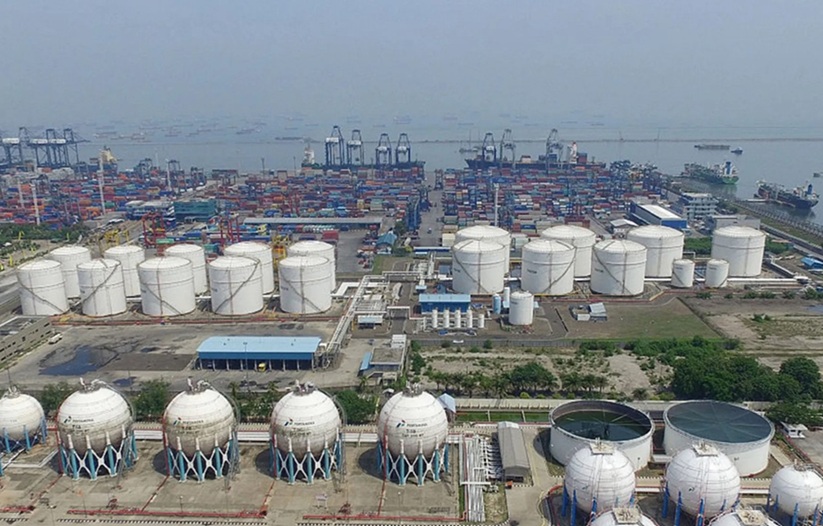Russia has significantly increased its exports of oil products to Indonesia in early 2025, marking a strategic pivot to expand markets in Asia following Western sanctions imposed over the Ukraine conflict. Data from shipping sources and LSEG indicate that Russia shipped about 500,000 metric tons of fuel oil to Indonesia between January and March 2025, a sharp rise compared to the total 100,000 tons imported in all of 2024. Additionally, two cargoes totaling approximately 50,000 tons of naphtha were delivered from the Russian Arctic port of Arkhangelsk this year, nearly matching last year’s entire volume of 58,200 tons. These shipments include diesel transported from Russia’s Black Sea port to Indonesian storage hubs, with further deliveries expected soon.
This increase reflects Russia’s broader strategy to redirect its energy exports towards Asia, Africa, and South America after the European Union banned Russian oil product imports in February 2023. Indonesia, traditionally reliant on suppliers such as Saudi Arabia, Malaysia, and Singapore, is now becoming a key destination for Russian fuel products. However, regulatory constraints in Indonesia limit the resale of these shipments domestically, leading to exports of diesel onwards to neighboring countries like East Timor, Myanmar, and Singapore. Indonesia’s recent entry into the BRICS group has facilitated closer ties with Russia, enabling the country to benefit from discounted Russian oil, which could reduce energy costs and improve its trade balance despite the geopolitical complexities posed by Western sanctions.
The growing energy trade is part of a broader expansion of Russian exports to Indonesia, which also includes timber, metallurgical products, and agricultural goods. Russia has identified five priority sectors for export growth to Indonesia: mining, oil and gas, agriculture, smart city technologies, and consumer products. This multifaceted cooperation aims to deepen economic ties within Southeast Asia’s fastest-growing market while navigating the challenges of international sanctions and regulatory frameworks. The ramp-up in oil product shipments underscores Russia’s commitment to diversifying its export destinations and Indonesia’s strategic balancing act between economic opportunity and geopolitical risk.
“Your donation helps us cover global events, ensuring everyone stays informed.”
(Source: Interfax | Reuters | Tempo)









